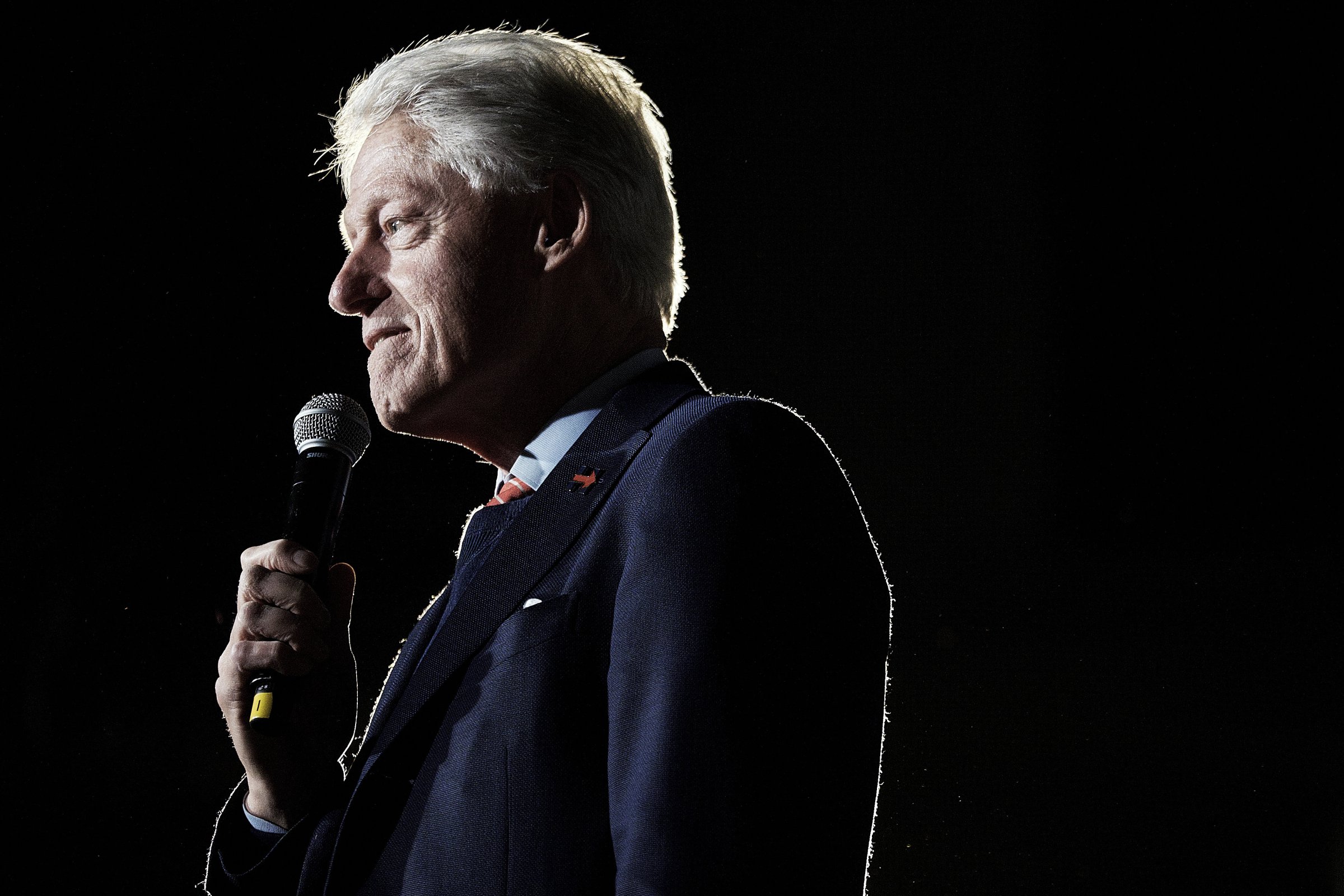
In Roman mythology, Janus was the god of beginnings and endings. He is one of the oldest of the Roman deities. It is said that Romulus himself introduced his worship. Janus came to represent the past and future, and his image was that of a single head with double face, looking backwards and forwards. This two-faced figure is what remains today, and it all too often refers to the person who is duplicitous—someone with contrasting sides.
Bill Clinton is a Janus-faced politician. Last week in response to protests during a rally in Philadelphia, Clinton vehemently defended the Violent Crime Control and Law Enforcement Act of 1994 and the Personal Responsibility and Work Opportunity Act of 1996. Insisting that the protesters listen to the “truth,” he claimed that the crime bill led to a 25-year low in crime and a 33-year low in the murder rate. He argued that welfare reform resulted in the largest drop in African-American poverty in history. And in one startling moment, red-faced and finger wagging,” he shouted:
I don’t know how you would characterize the gang leaders who got 13-year-old kids hopped on crack and sent them out into the street to murder other African American children. Maybe you thought they were good citizens…. You are defending the people who kill the lives you say matter. Tell the truth!
Here, distilled for all to see, Clinton revealed one of his contrasting sides. Not the smooth, white Southern politician who moves among African Americans with ease and grace, but the smug and paternal Southern white boy who simply wants you to hush and swallow his lies whole.
We know, and so does Bill Clinton, that the 1994 crime bill was not the reason for the reduction in crime during this period. In her book, The First Civil Right: How Liberals Built Prison America, Naomi Murakawa has powerfully demonstrated the impact of Clinton’s emphasis on “punishment, police, and protection,” and its role in expanding the carceral state. We know, and so does Bill Clinton, that welfare reform actually expanded the misery of the poorest of the poor. People living in extreme poverty increased more than twofold as a result of that legislation.
The next day, Clinton kind of apologized. He said that aspects of the 1994 crime bill “cannot be justified.” He said he regretted the way he engaged the protesters. “I was talking past her the way she was talking past me. We’ve got to stop that in this country. We’ve got to listen to each other again,” he said. But this passionate plea was immediately saddled with what we heard the day before.
You’re living in a country where young African-Americans think their No. 1 threat now is from police officers. When I signed that crime bill they knew what their No. 1 threat was. It was from gangs making money out of cocaine, taking teenage kids, huffing them up, giving them guns, and telling them to go kill other teenagers.
Sadly, this is the same rhetoric of the 1990s. This is talk of “super-predators.”
Bill Clinton isn’t as skilled these days at concealing his two faces. We are seeing them now in plain view. Or, perhaps, some are finally willing to acknowledge what has always been the case. At any rate, something dramatic happened in Philadelphia. The mask cracked.
Wearing the mask is a critical feature of America’s political theater. We’ve donned the mask since the beginning of this country. From dressing up as Native Americans during the Boston Tea Party to the spectacle of 19th-century minstrel shows (that quintessential form of American popular entertainment with white faces corked in black and then, of all things, black faces corked in black), Americans have managed their anxieties and contradictions behind fanciful and ornate illusions that we were otherwise. Our hidden faces have kept and continue to keep race matters as they are—even, perhaps especially, with a black man in the White House.
Decoding Hillary Clinton's Campaign Photo Ops
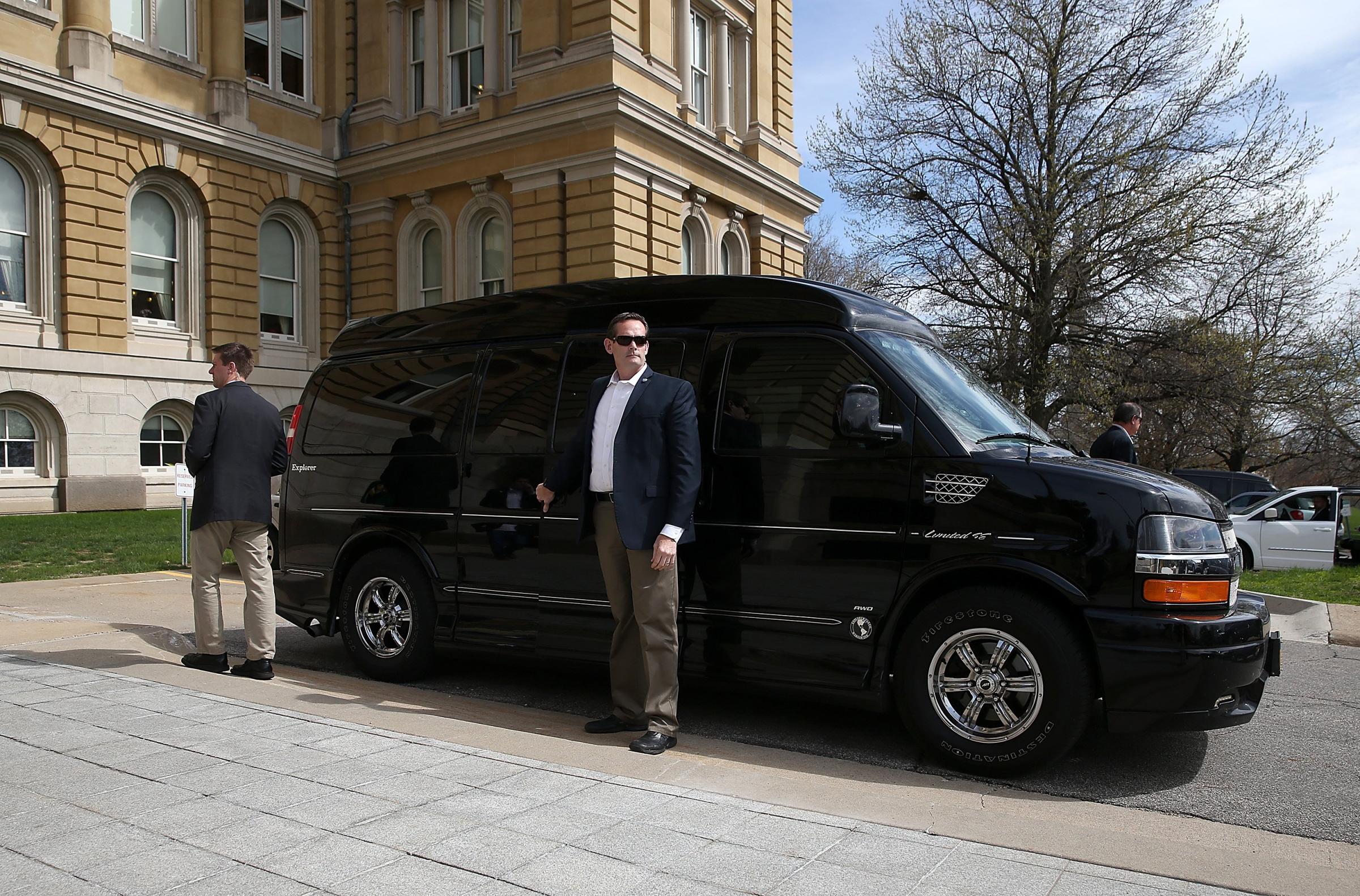

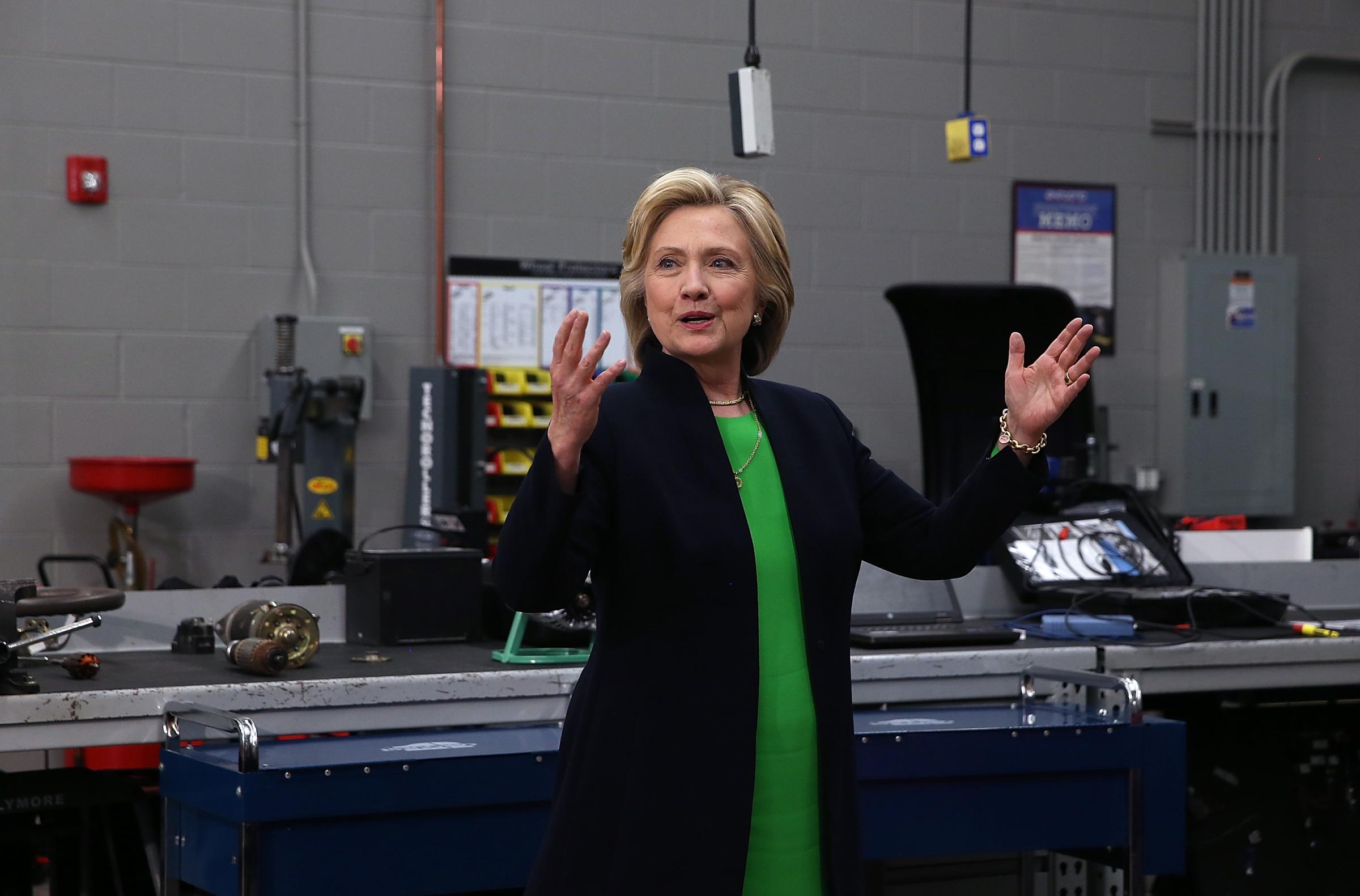
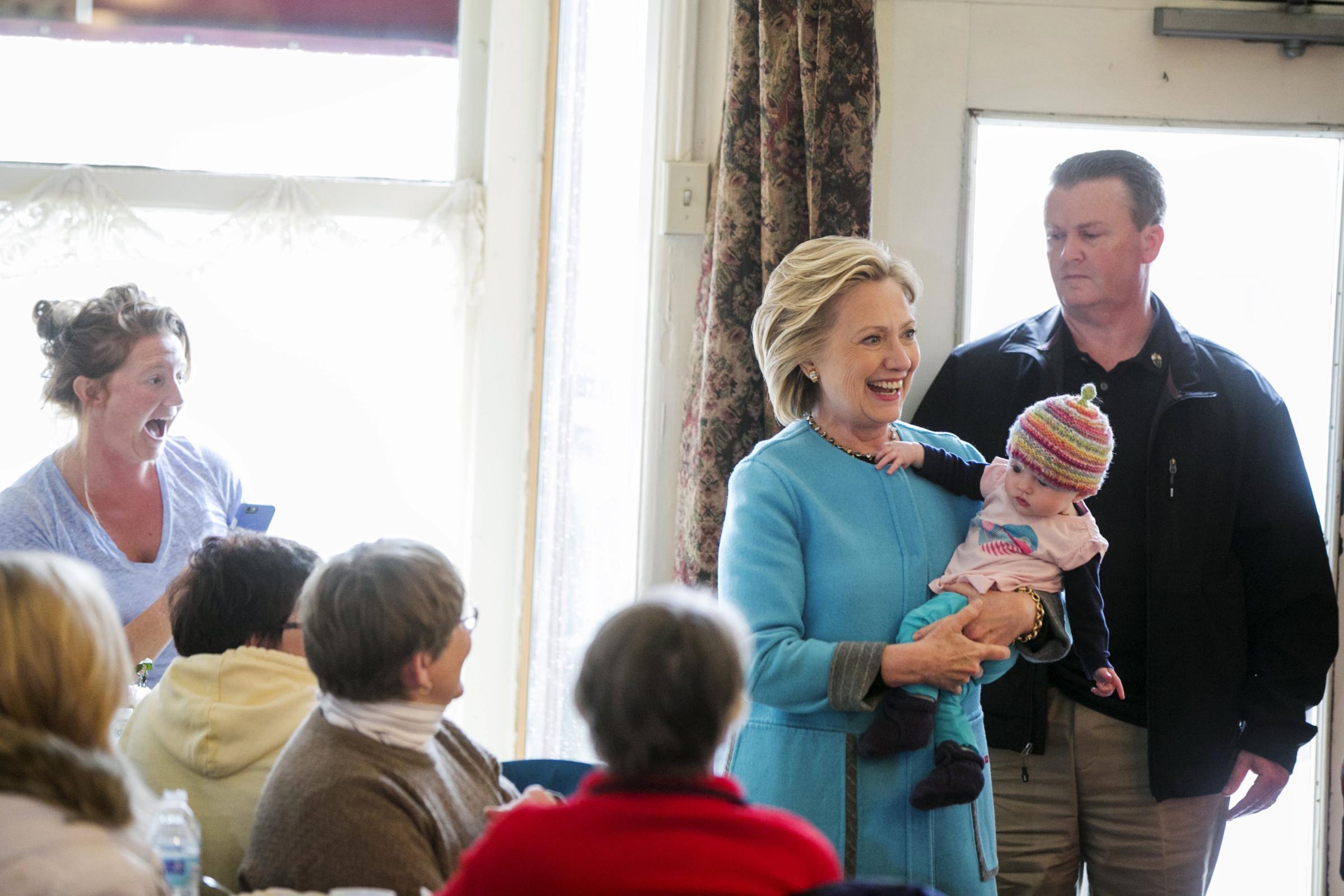

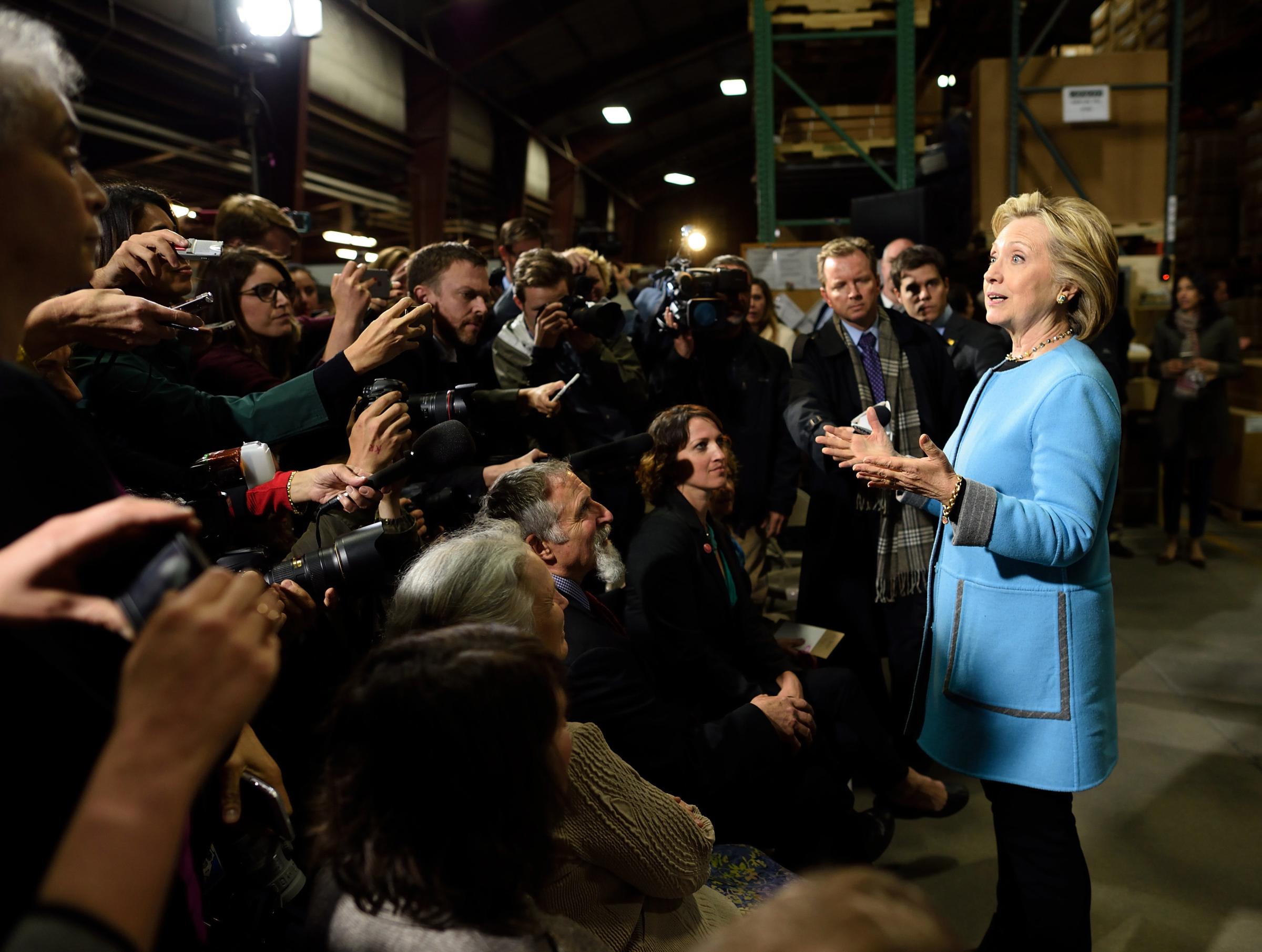
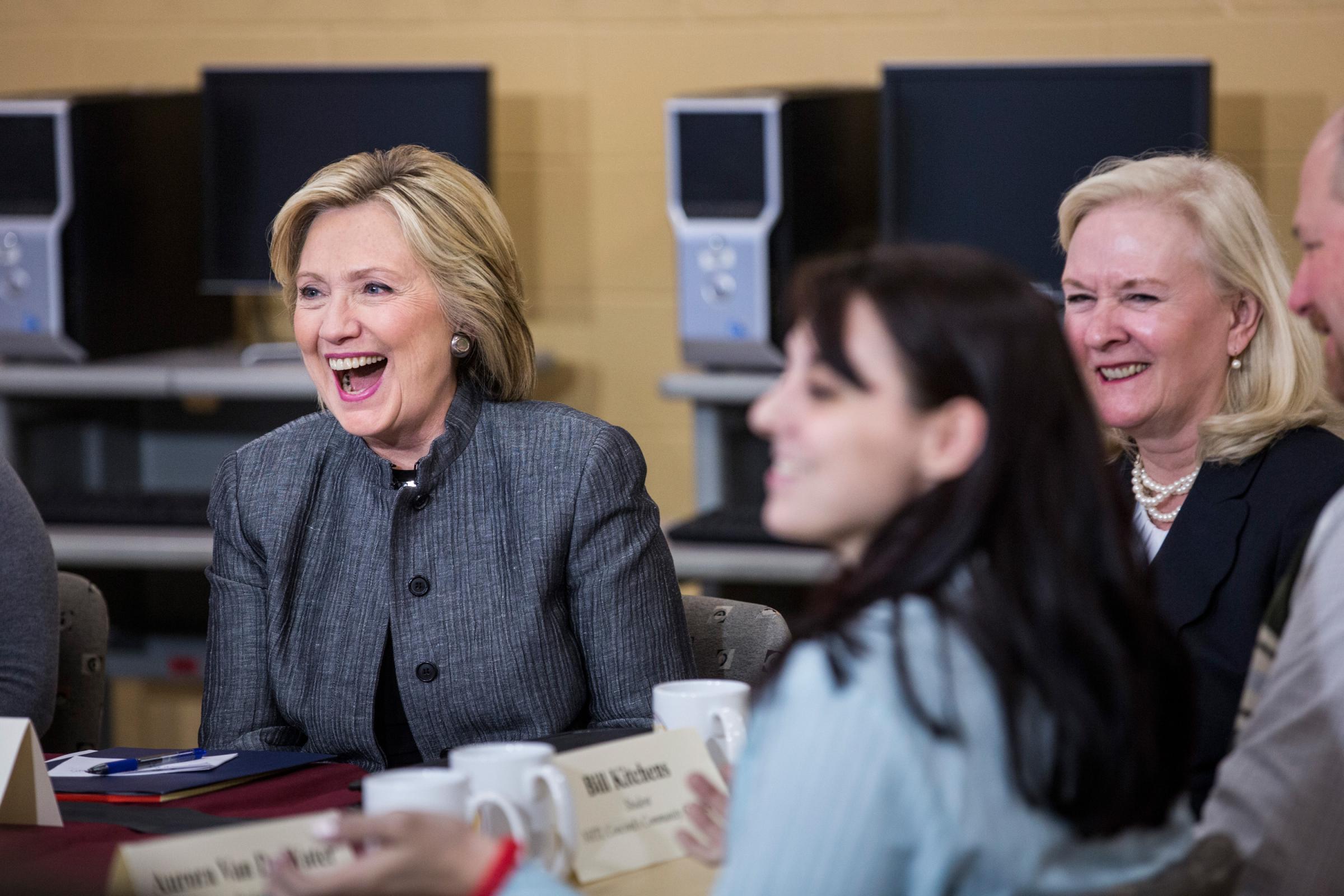
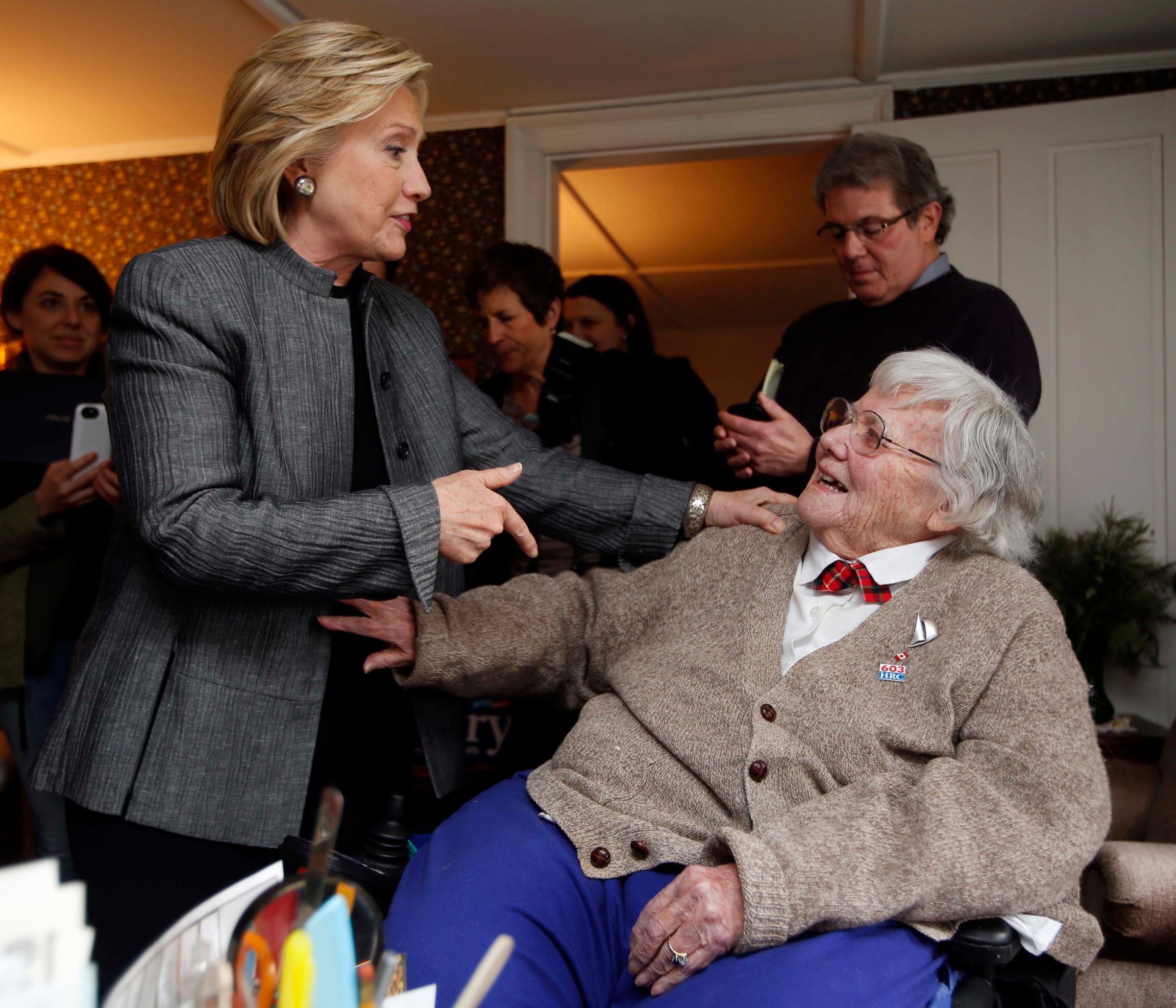
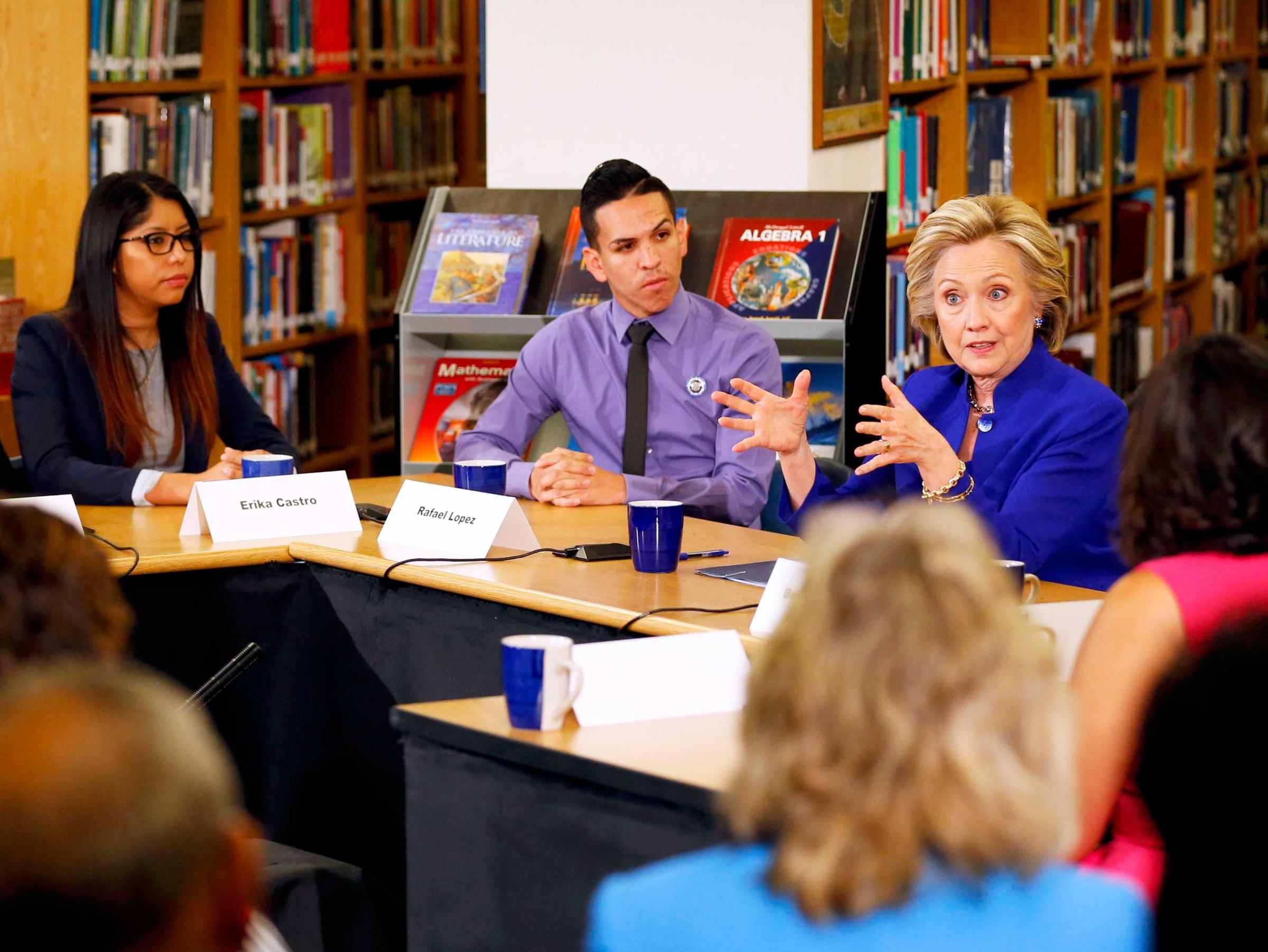
Clinton, our so-called first black president, reveals the lie. His Janus-faced approached to black communities, an approach that has defined the Democratic Party for generations now, has only deepened our racial neurosis, and he and it are finally being held to account. The devastating effects of the crime bill, welfare reform, deregulation, NAFTA, strategies of triangulation (crime was, after all, a “realignment issue”), and the racial dog whistles around personal responsibility can’t be ignored by those who have borne the brunt of these policies and this rhetoric.
The Great Recession of 2008 wiped away most of the economic gains of the 1990s for African Americans. Perhaps, it dispelled our illusions, too.
Many of the protesters don’t want to wear the mask anymore. They don’t want to do the racial jig that it requires. Instead, they want a politics that addresses directly and honestly the crisis in their communities. So the protests and interruptions weren’t just about “good television,” as Bill Clinton suggested. They cut much deeper. They reveal a fight, in part, over the soul of the Democratic Party—if the Party still has one. Remember: Janus was the god of beginnings and endings. Maybe we are witnessing both.
More Must-Reads From TIME
- The 100 Most Influential People of 2024
- The Revolution of Yulia Navalnaya
- 6 Compliments That Land Every Time
- What's the Deal With the Bitcoin Halving?
- If You're Dating Right Now , You're Brave: Column
- The AI That Could Heal a Divided Internet
- Fallout Is a Brilliant Model for the Future of Video Game Adaptations
- Want Weekly Recs on What to Watch, Read, and More? Sign Up for Worth Your Time
Contact us at letters@time.com